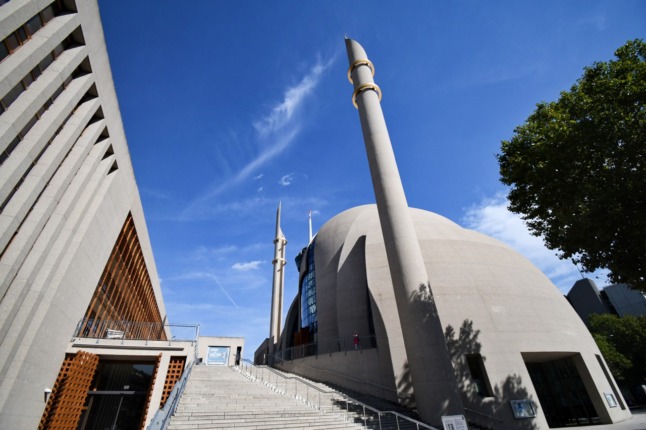ISLAM
Norwegian bank tests ‘Islamic loan’ concept
Norwegian bank Storebrand is offering new ‘halal loans’ based on Islamic principles.
Published: 20 January 2017 11:54 CET

Storbrand's headquarters in Lysaker. Photo: Lise Åserud / NTB scanpix
The bank recently created a website promoting ‘ethical loans’ for home financing without interest.
The bank writes that it is testing the idea of interest-free loans in part to appeal to Muslim home buyers who may not want to accept a traditional loan because of their faith. Islam prohibits charging interest or fees on financial loans.
“We wanted to find out if there could be another way to enter a housing market with rising prices. The product could appeal to young people, new graduates or people who can not accept normal housing loans because of religious concerns,” the bank writes on a website that was set up to gauge interest in the idea.
Within a week, around 300 people contacted the bank to express interest in the loans.
“Storebrand is now currently evaluating the market potential for such a loan and considering what the product might look like. We have also been approached by financial advisers in the UK and Malaysia who want to help us to put together this type of loan,” the bank’s communication manager, Bjorn Erik Sættem, told Vårt Land.
Although the bank says it is still merely testing the idea, its website states that instead of paying interest on a home loan the home buyers would pay rent on the property until they’ve paid in enough to achieve ownership.
Sættem said that the bank has received “a handful” of negative reactions to what has been dubbed the ‘halal loan’, including some customers who have cut their ties with the bank.
Url copied to clipboard!


 Please whitelist us to continue reading.
Please whitelist us to continue reading.